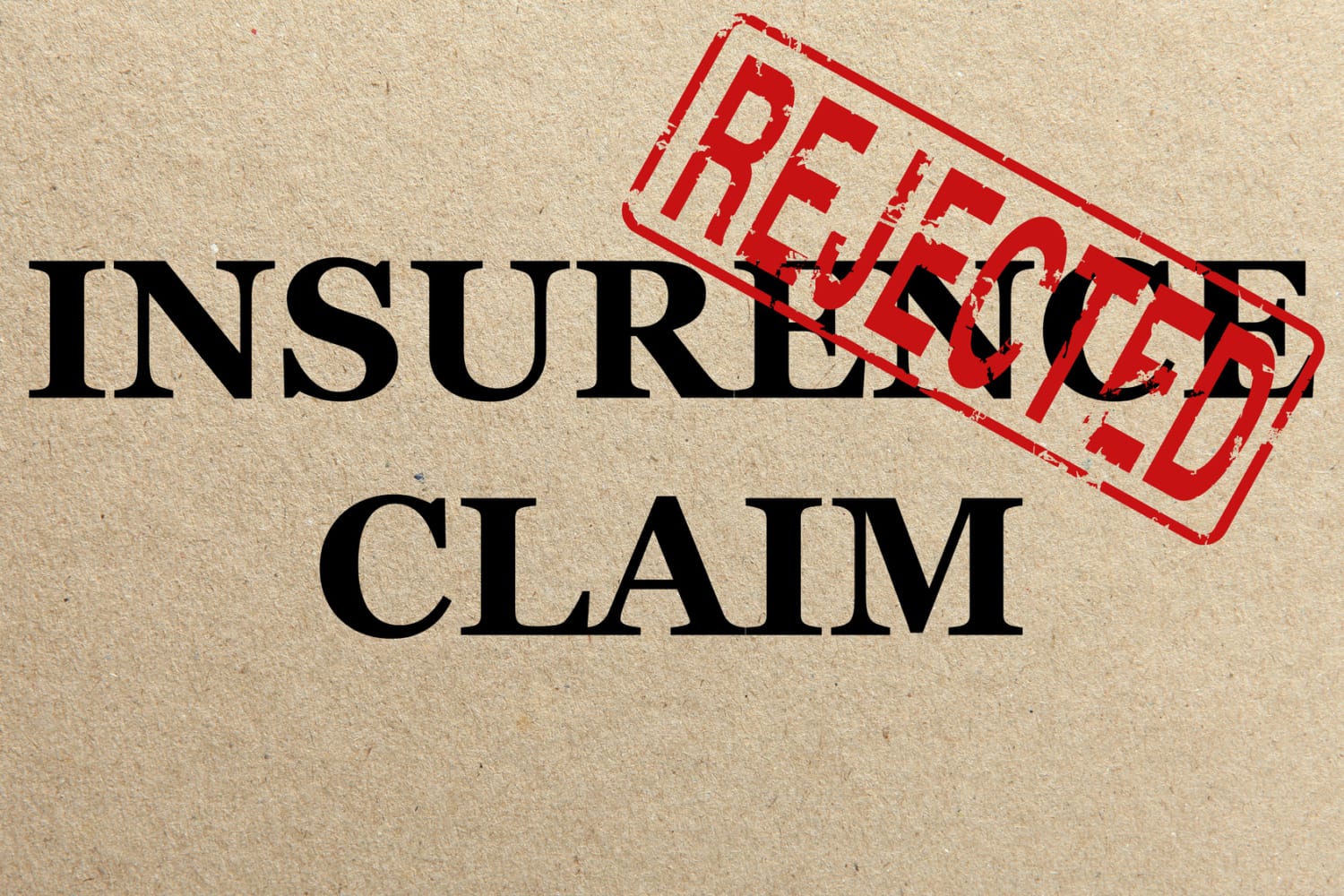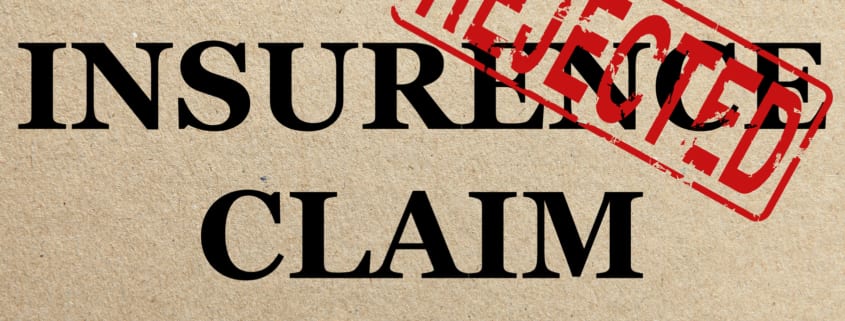Why Auto Insurance Claims Are Denied and How To Avoid It?

When you need to file a claim on your auto insurance policy, you may just assume it will be taken care of. Unfortunately, it is not always so cut and dry. Auto insurance claims can be denied for a lot of reasons.
Common Reasons Auto Insurance Claims Denied
If you’ve submitted a claim and your auto insurance provider has declined to pay, it can be for a variety of reasons. Some of the most common reasons your auto insurance claims denied include the following:
1. The policy doesn’t include comprehensive and collision coverage.
One common reason for auto insurance claims denied is that the policy does not have comprehensive and collision coverage. The at-fault policy holder may have opted to save money by purchasing liability coverage only. Unfortunately, after a collision, the policy will cover the other driver, but not the policy owner.
2. The claim turns out to be fraudulent.
Sometimes a claimant will exaggerate or lie in an attempt to get coverage, and the insurance company will reject the claim, and understandably so. Besides earning a claim denial, filing a fraudulent claim is considered a felony offense.
3. The claimant’s coverage is insufficient.
Damages may exceed the policy’s limits. If the at-fault driver’s coverage is not enough to pay all damages, the other driver involved can sue that driver directly for the amount not covered. In the end, it would have cost the policy owner more to be sure they have adequate coverage in the first place.
4. The responsible driver’s premium payments are in arrears.
An auto insurance policy can be suspended if the holder has missed even a single premium payment. This may not be obvious at the time insurance information is exchanged by the drivers involved.
5. The driver is charged with driving under the influence (DUI).
When a driver gets into an accident and is cited for drinking or taking drugs before or while driving, an insurance company has the right to deny any insurance claims filed.
6. The accident was not reported on time.
A policy can include a deadline for reporting an accident. This is one reason why it is important to report an accident right away.
7. Medical issues weren’t addressed immediately.
When medical help is not pursued as soon as possible, the insurance company might question if the injuries truly resulted from the accident.
8. The driver is excluded from the policy.
If the responsible driver isn’t listed on the policy, or the insurance company has specifically excluded the driver to be on the policy due to a bad driving record, the claim will not be covered.
How to Avoid Having a Claim Rejected
There are steps you can take to help make sure your auto insurance claim is accepted by your insurance company.
- After an accident, always exchange information with the other drive, including insurance cards, license plate numbers, car registrations and contact information.
- Write down the name of the other driver’s insurance agent.
- Note the date, time and location of the collision.
- If there are any witnesses, make note of their names and contact information.
- If police are not already on the scene, make sure they are notified so they are there to interview drivers and witnesses, and file an accident report.
- Get the officers’ names, how they can be contacted if necessary, and the accident report number.
- Report the accident to your insurance company right away.
- Don’t immediately take the blame for the accident, even if you believe you were at fault. It could turn out that the police report includes information you’re not aware of indicating that the other driver was responsible.
How to Fight a Claim Rejection
You did everything right, provided the insurance company with all the proper information and documentation, but your claim is still denied. Ask for a letter of explanation from the insurance company. Talk to your adjuster to discuss what you perceive as a mistake if the reasons the claim was rejected seem unfair.
Make sure your insurance company is following state laws. You can file a complaint against the insurance provider with the state’s insurance commissioner. Legal help might be warranted when an injury is serious, in which case you can seek a free consultation from an attorney.
Hopefully, it won’t get to this point, but ultimately, you can sue your insurance company for bad faith practices, which can include delays in handling the claim, threats against you, and an unreasonable settlement offer or interpretation of the policy.
The Bottom Line
It pays to be prepared so read through your policy thoroughly, ask questions if you need to and be sure you have adequate coverage with your auto insurance policy.

 EINSURANCE
EINSURANCE EINSURANCE
EINSURANCE EINSURANCE
EINSURANCE